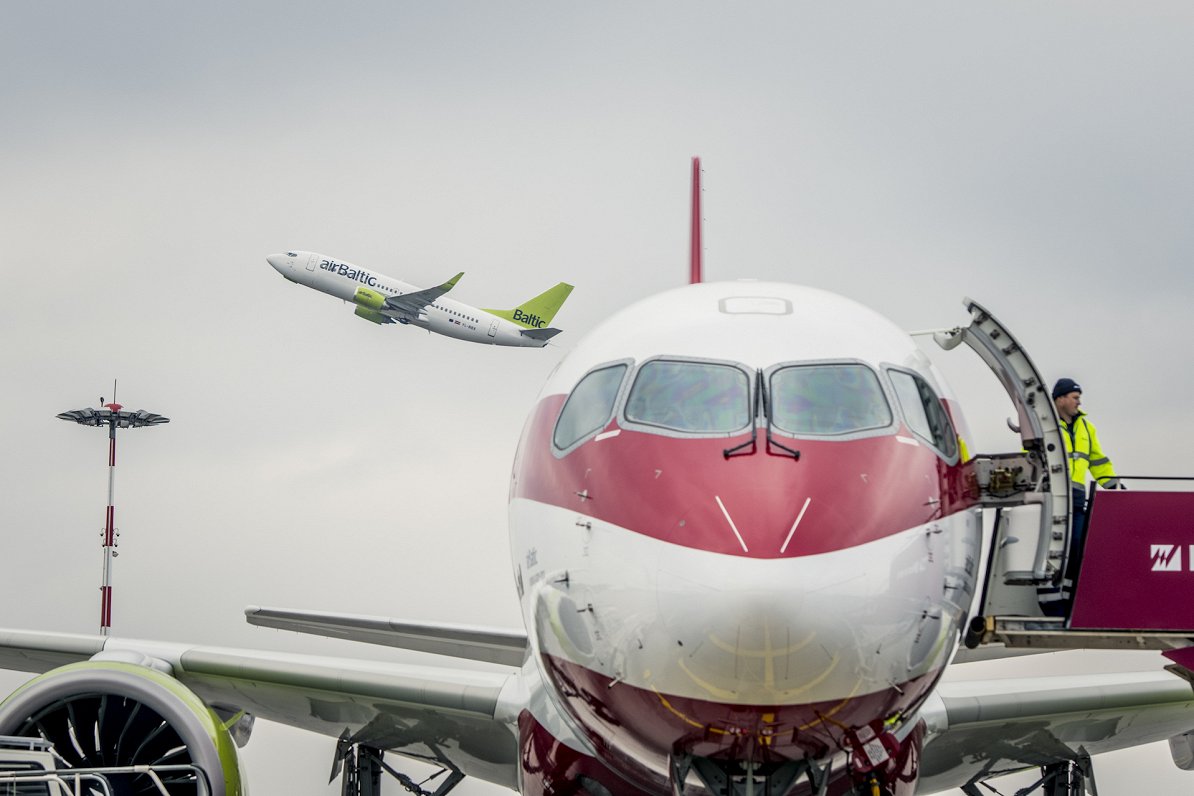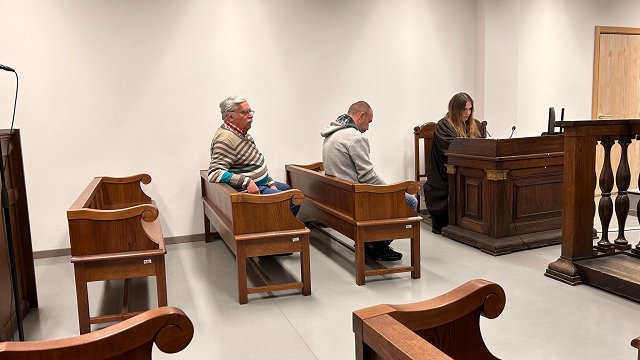Customers who had purchased tickets for flights that were cancelled due to COVID-19 have been offered reimbursements in forms of vouchers or refunds. Experiences vary: there are people who have received the airline's confirmation about getting the money back. Others have completed submissions at the airline's request but have not received a reaction. The airline says it has handled half of the requests and will not set a deadline for completing the matter.
Alise Briede explained that the COVID-19 crisis has affected more than 200 000 bookings.
"A third of the customers have chosen gift cards as reimbursement, and the rest are choosing new dates for flights or want their money back. At present, airBaltic has processed nearly half of the claims, both in gift card and cash transfer forms. Processed, meaning that there has been communication and an agreement with the customer," said Briede.
However, the corporate communications head did not identify a specific number of customers who have already received a refund, and avoided naming a deadline.
"We are not interested in slowing it down. We are trying to repay as soon as possible. What has been announced and confirmed on our part will certainly happen. We ask that passengers are patient and tolerant," Briede said.
Due to the vast competition, she also did not reveal the extent to which the airline must reimburse passengers for the flights that have not taken place or the overall cost of the process.
The European Commission (EC) has provided common recommendations on how airlines can handle the backlog of flights.
"The EC guidelines emphasize that passengers should have the right to choose between money or vouchers," said Dins Merirands, Deputy State Secretary of the Ministry of Transport.
A number of EC Member States have proposed that only vouchers could be offered as reimbursement.
"We see this situation in some countries, for example, the Netherlands. This is already at odds with recommendations. As far as I know, the EC has sent a statement on the initiation of alleged infringement proceedings to some of these countries," said Merirands.
The European Union's laws and regulations have set a time limit for money returns after a request has been submitted. Under normal conditions, it is seven days.
"In this situation, it simply cannot be done. Air carriers are currently talking about 90 days during which a refund can be made," said Merirands.
Sanita Germane, head of communications department of the Consumer Rights Protection Center (PTAC), admits that there has been a significant increase in the number of consultations and they regard mostly airBaltic. More than 200 consultations have been provided in April, which is three times more than last year.
The PTAC shall monitor the situation. In case people have difficulties communicating with airBaltic, they help in doing so, but in general consumers rarely complain about the customer service of the airline.

























